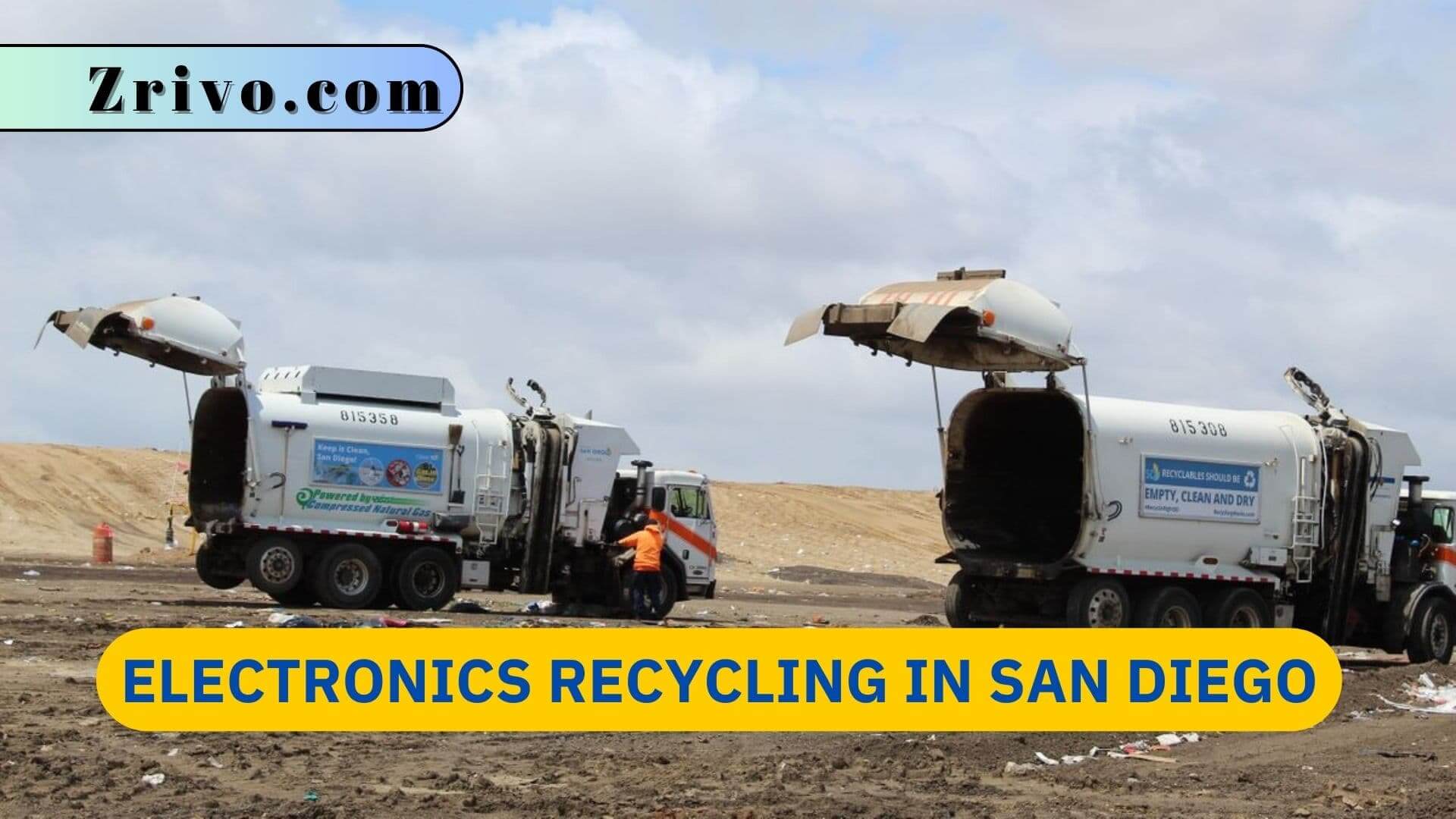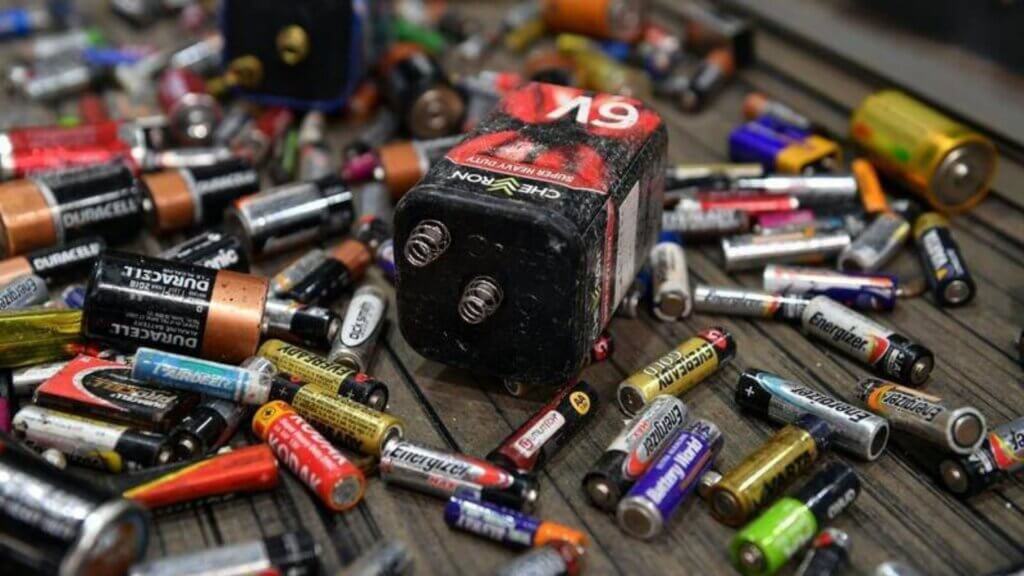Electronics Recycling in San Diego
Electronics Recycling in San Diego includes sorting, dismantling, mechanically separating, and recovering valuable materials.

Discarded electronic devices contain toxic substances that leach into the environment and can impact human health. These devices are not supposed to end up in the trash. Instead, find a local uBreakiFix, Goodwill, or other location that recycles electronics. It is against federal and state law to dispose of universal wastes in the trash. This includes fluorescent light bulbs and some electronic devices.
San Diego Recycling Events
San Diego Recycling Events give residents the opportunity to recycle unwanted consumer electronics, including TVs, computers, laptops and tablets, cell phones, printers, scanners, DVD players, iPods, cables and wires, and more. Items can be dropped off at no charge. The electronics collected will be recycled responsibly by All Green Electronics Recycling. All of the HHW collected at these events will be recycled in North America and never sent to landfills or overseas for processing. Additionally, certified data destruction is available for a small fee at all of the events.
In addition to these upcoming San Diego recycling events, the University of San Diego promotes various zero-waste programs throughout the year. These initiatives include single-stream recycling, reusable takeout boxes in Pavilion Dining, and a food waste digester at Sixth College that has reduced solid waste by more than nine tons annually. They have also worked to reduce plastic waste by eliminating plastic bags at bookstores, Sunshine Market, and Audrey’s Cafe. These efforts help to reduce the amount of waste that goes into landfills, incinerators, and the ocean.

How Do I Dispose of Batteries in San Diego?
There are a number of options for battery recycling in San Diego. Standard alkaline batteries (like Double A) can be sent to a recycler for free, and rechargeable batteries are accepted at 14 select county libraries. The libraries collect all types of household batteries, including lithium and nickel-cadmium.
Battery disposal is very important. Batteries contain toxic heavy metals and corrosive chemicals that can cause serious harm to wildlife and people when they end up in the environment. The waste from these batteries can also contaminate the soil and water, leading to health issues in our communities.
Lithium-ion batteries found in cell phones, cordless telephones, and other household electronics can combust, creating a fire hazard in trash and recycling bins. They are also difficult to put out, unlike normal fires that can be extinguished with water because lithium-ion batteries require oxygen in order to combust.
Because of this risk, all lithium-ion batteries must be properly disposed of at household hazardous waste facilities or events and should never be placed in trash or recycling collection containers. State law also requires all rechargeable batteries to be recycled.





